Born in Alicante, Valencia, poet, researcher, and journalist Paloma Chen dedicates herself to advancing migrant justice in Spain. Her first collection of poetry, Invocación a las mayorías silenciosas (Calling On All Silent Majorities, Letraversal, 2022), explores the depths and diversity of the Chinese diasporic experience in Spain through a kaleidoscope of voices, encompassing mothers, daughters, sisters, and lovers, while at the same time always challenging the suppositions of language. “Shanshui Pixel Scenes 山水像素场景,” published as an app in 2023 and translated by Paloma and her colleagues into Catalan, Mandarin, and English, renews the form of 山水诗, or “poetry of mountains and waters,” by pairing pixel art depicting scenes from China and the Chinese diaspora with poems that deepen the speaker’s relationships with their multiple and ceaselessly transforming selves. In the following interview, I spoke with Paloma about the importance of orality and quotidian language in her poetry, writing in community, and the multiplicity of the self.
Julia Conner (JC): In your essay “No tengo más que una literatura y no es la mía.” you mention how you envision Invocación embodying a Chinese diaspora collection of poetry, much like Sally Wen Mao’s Oculus being an Asian American poetry collection. When writing Invocación, how did you imagine your work in conversation with previously published literary works, both from Spain and abroad?
Paloma Chen (PC): I really like Asian-American poets like Sally Wen Mao, Marilyn Chin, Franny Choi, and Li-Young Lee, so their poetry was a great inspiration for me, as I wanted to write in Spanish, for readers in Spain, but taking into account my Chinese roots. Most of their works were truly enlightening and helped me build my own poetic language. I was trying to carve out a little space, one in which I can also find poets like Berna Wang, Minke Wang, Ale Oseguera, or Gio Collazos, that I could find liberating, one in which I could express the complexities regarding identity that I was all these years reflecting about. There is no me without all those before me, and all those walking with me right now. There is no Invocación without all the amazing books and artwork I had the privilege to encounter, without hundreds of fruitful conversations and lived experiences. I was writing for my friends, the amazing community of artists and activists, not only from the Chinese community, but from the anti-racist, feminist, Queer movements present in many places. I did not know if my book, which I thought was a very specific work by a Spanish-Chinese girl talking about her reality growing up in a little restaurant in rural Spain, could have the potential to connect with readers abroad, but I am happy to know that maybe it has.
JC: Many of your poems from Invocación center on speech and communication, fluency, disfluency, and the function of language. “Pero habla,” for example, repeats the visually interrupted line “pala/bras part/idas que hi/eren.” Your work also has powerful oral and rhythmic qualities to it. How do you see the relationship between the themes of your work and your poetry’s orality and visual form on the page?
PC: I guess that for a writer and a poet, reflecting about language itself is quite common. In my specific case, reflecting about identity inevitably leads me to reflect about language, as identities, languages, and cultures are so closely interrelated. Also, I do not think poetic language is that different from the quotidian tool we use to communicate daily. Our every-day interactions are full of poetry. The fact that in my normal life I am used to thinking about communication, fluency, and disfluency doubtless permeates my writing. I have always struggled to communicate, to express myself in the way that society demands me to. I studied journalism at university because I was truly worried about it back then. Some people think of me as being quite shy sometimes but, in a huge contrast, quite expressive in my poetry. For me, writing poetry is establishing a conversation with another true self, a self empowered by voice, body, presence, rhythm, a self that is connected with the environment and less in its own head. Because I value orality, I like to experiment also with the visual form of the verses in the page, so the reader can also have some visual clues of tones, silences, vibrations, etc.
READ MORE…

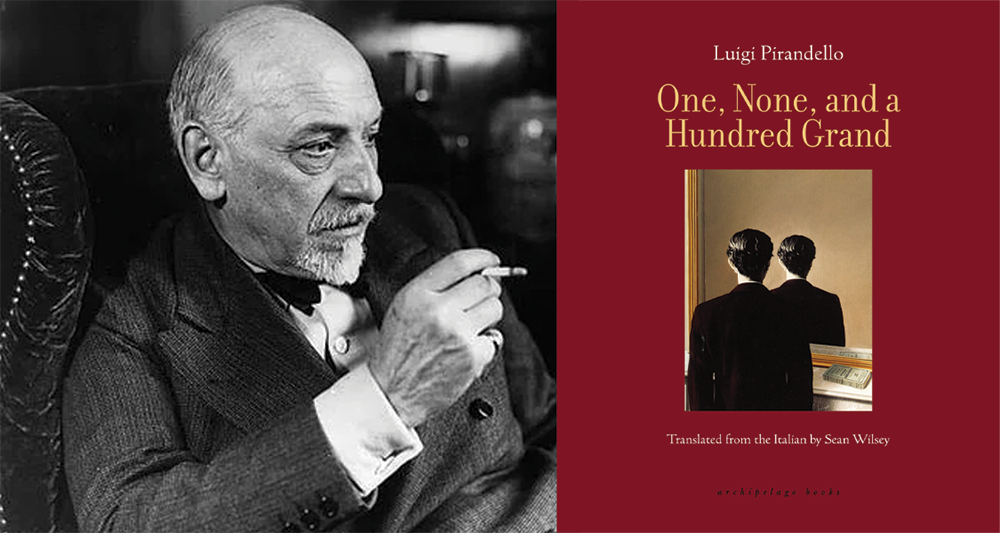


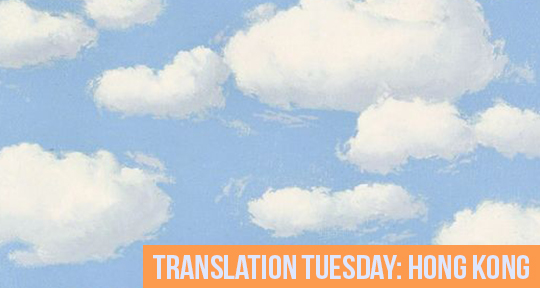

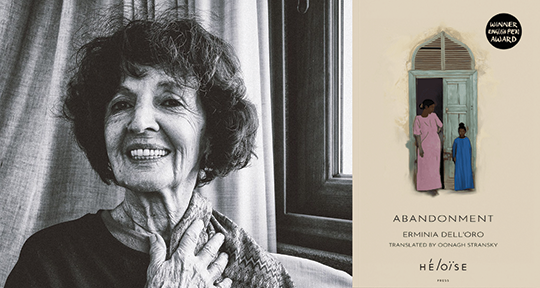

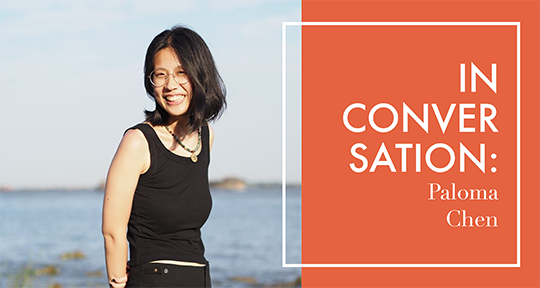
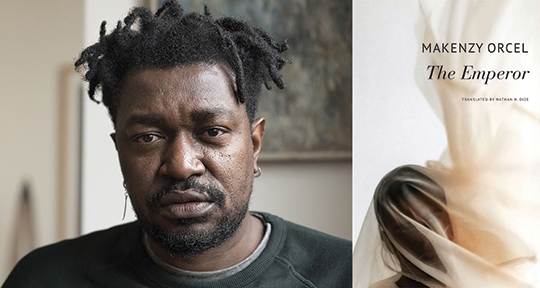
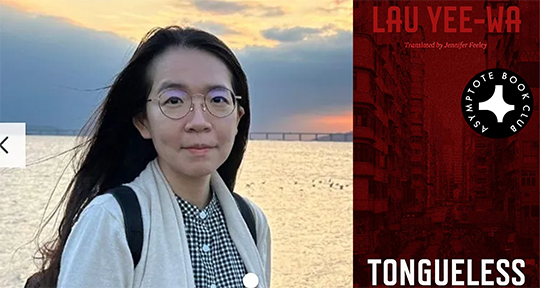

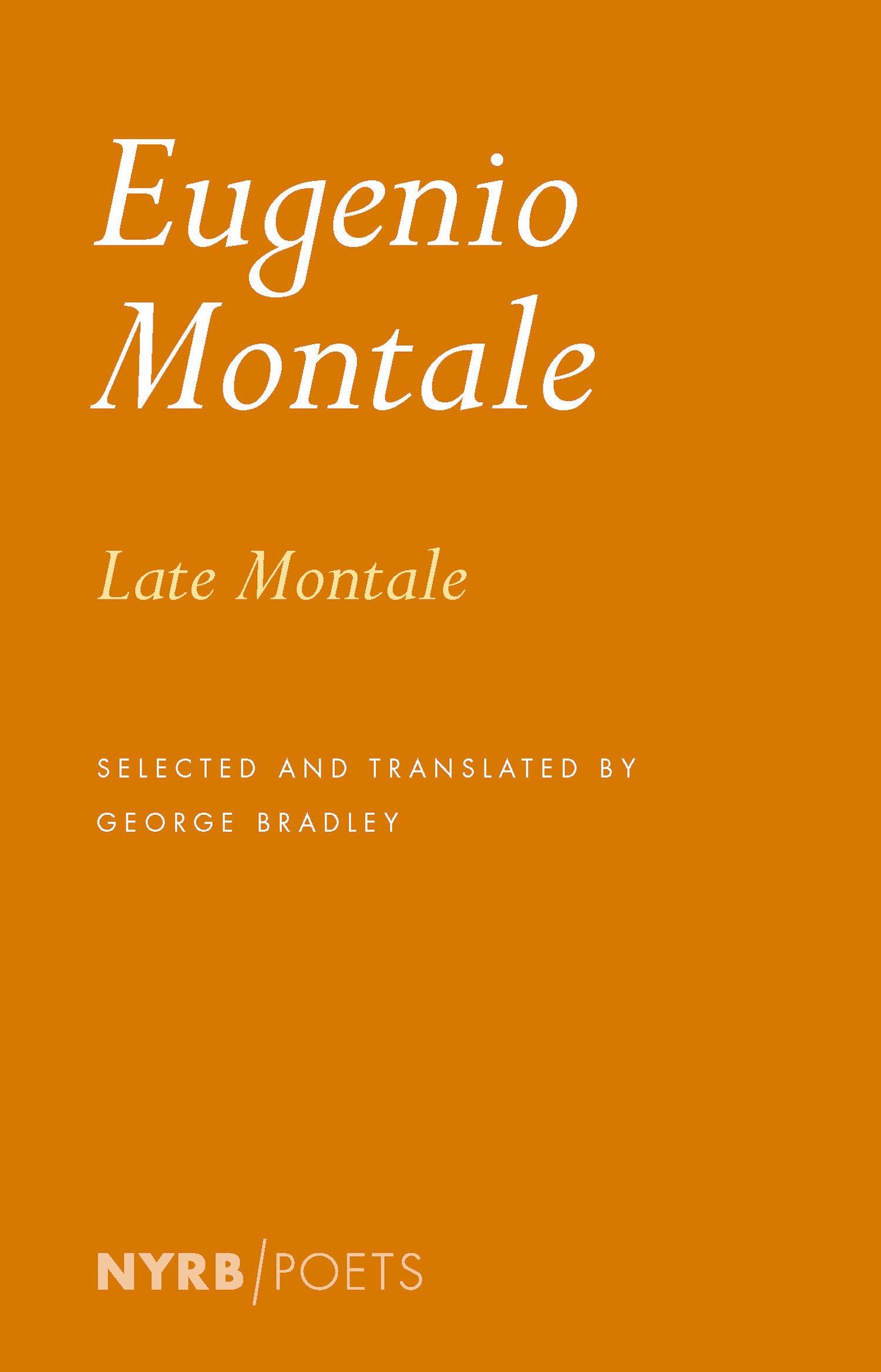
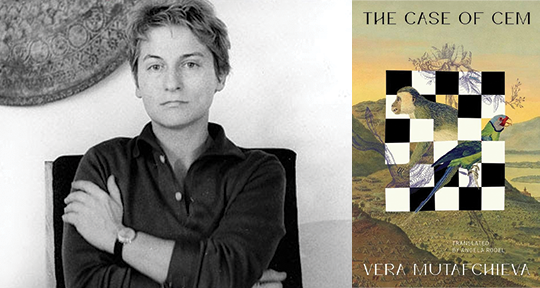
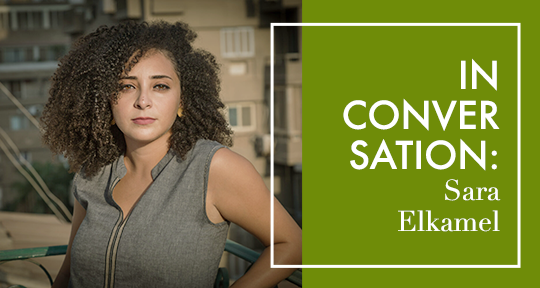
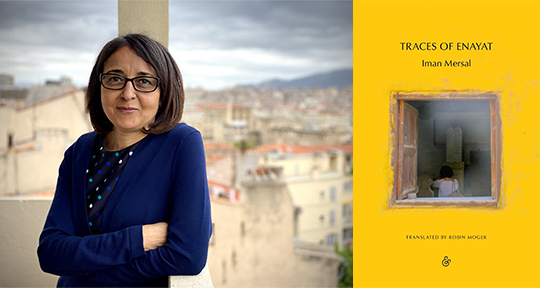
Blog Editors’ Highlights: Winter 2025
Reviewing the manifold interpretations and curiosities in our Winter 2025 issue.
In a new issue spanning thirty-two countries and twenty languages, the array of literary offers include textual experiments, ever-novel takes on the craft of translation, and profound works that relate to the present moment in both necessary and unexpected ways. Here, our blog editors point to the works that most moved them.
Introducing his translation of Franz Kafka’s The Trial in 2012, Breon Mitchell remarked that with every generation, there seems to be a need for a new translation of so-called classic works of literature. His iteration was radically adherent to the original manuscript of The Trial, which was diligently kept under lock and key until the mid-fifties; by then, it was discovered exactly to what extent Max Brod had rewritten and restructured the original looseleaf pages of Kafka’s original draft. It is clear from Mitchell’s note that he considers this edit, if not an offense to Kafka, an offense to the reader who has lost the opportunity to enact their own radical interpretation of the work: an interpretation that touched Mitchell so deeply, he then endeavored to recreate it for others.
In Asymptote’s Winter 2025 Issue, the (digital) pages are an array of surprising turns of phrase and intriguing structures—of literature that challenges what we believe to be literature, translations that challenge what we believe to be originality, and essays that challenge what we believe to be logic. I am always drawn to the latter: to criticism, and writing about writers. As such, this issue has been a treat.
With the hundredth anniversary of Kafka’s death just in the rearview and the hundredth anniversary of the publication of The Trial looming ever closer, the writer-turned-adjective has not escaped the interest of Asymptote contributors. Italian writer Giorgio Fontana, in Howard Curtis’s tight translation, holds a love for Kafka much like Breon Mitchell. In an excerpt from his book Kafka: A World of Truth, Fontana discusses how we, as readers, repossess the works of Kafka, molding them into something more simplistic or abstract than they are. In a convincing argument, he writes: “The defining characteristic of genius is . . . the possession of a secret that the poet has no ability to express.” READ MORE…
Contributors:- Bella Creel
, - Meghan Racklin
, - Xiao Yue Shan
; Languages: - French
, - German
, - Italian
, - Macedonian
, - Spanish
; Places: - Chile
, - France
, - Italy
, - Macedonia
, - Switzerland
, - Taiwan
, - Turkey
; Writers: - Agustín Fernández Mallo
, - Damion Searls
, - Elsa Gribinski
, - Giorgio Fontana
, - Lidija Dimkovska
, - Sedef Ecer
; Tags: - dystopian thinking
, - identity
, - interpretation
, - nationality
, - painting
, - political commentary
, - revolution
, - the Cypriot Question
, - the Macedonian Question
, - translation
, - visual art
, - Winter 2025 issue
, - world literature